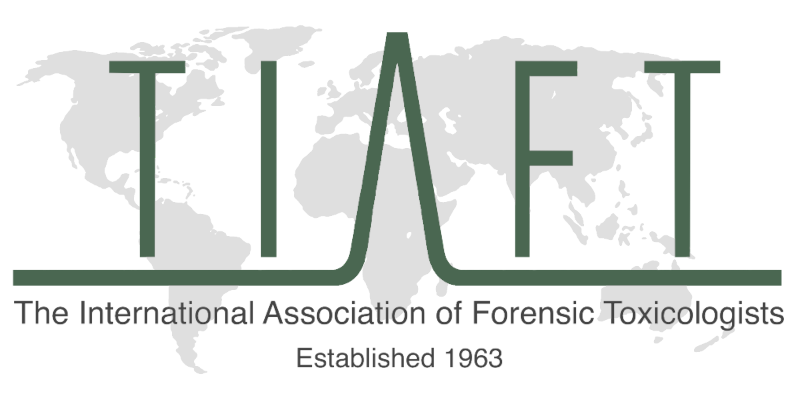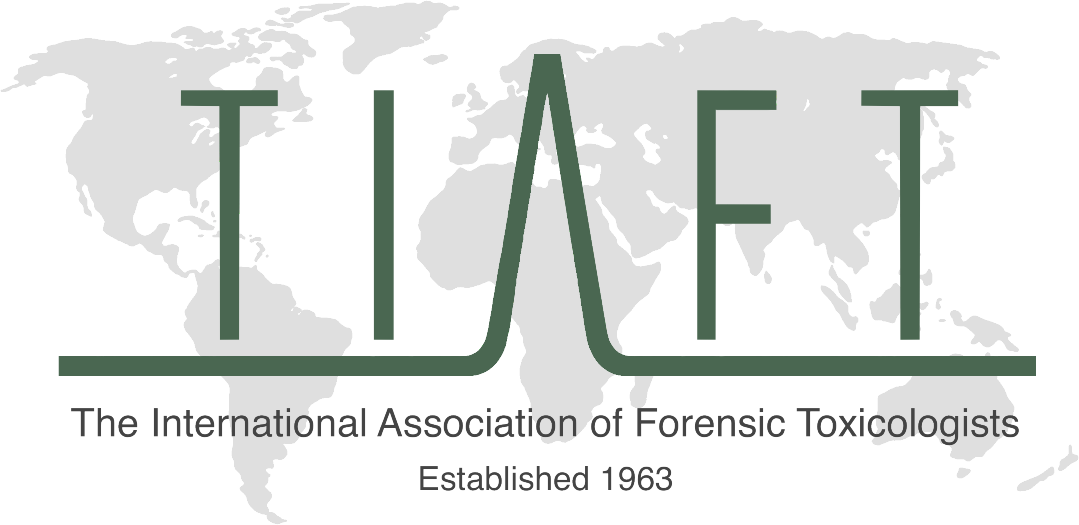Published on: 01-12-2023

Dear TIAFT members,
Planning for the Annual meeting in St Gallen is progressing and as you may have seen on our many channels of communication (TIAFT website, Facebook page, LinkedIn, Instagram or X - formerly Twitter), the abstract submission deadline is 31st March, 2024. Jochen Beyer and his team are working hard to ensure a traditional TIAFT experience in Switzerland later this year (September 2nd-6th, 2024).
A reminder that we are still accepting applications for TIAFT Travel Awards for the meeting in St. Gallen – there are 4 DCF Travel Awards and 2 standard Travel Awards available. Grants will be awarded to Standard Members and to DCF Members, provided they can demonstrate a strong need for financial assistance. The application due date is 22nd April 2024. Please submit your complete application package to info@tiaft.org. All applicants will be notified after the mid-year board meeting in May 14-16, 2024.
Our last meeting in Switzerland was in fact in 2009. Marc Augsburger and Christian Staub were the co-chairs of the meeting, and it was held in-conjunction with the SFTA in the beautiful city of Geneva. I am looking forward to returning and, ironically, it will be my last conference as TIAFT President in a meeting hosted by an old friend and colleague of mine. Jochen and I worked together for many years at the Victorian Institute of Forensic Medicine from 2007-2012. Of course, we also worked together as Bulletin editors from 2009-2014.
Recently I was driving to work one morning and listening to the latest ToxPod featuring Emeritus Professor Tony Moffat. It was fascinating to hear the evolution of techniques used in forensic toxicology from gas chromatography to API- mass spectrometry. It also struck me that Tony is indeed a “living legend” in our field having worked alongside Alan Curry, Neville Dunnett, Bryan Finkle, Rokus de Zeeuw and others - all great contributors to forensic Toxicology and TIAFT. I don’t say that lightly – and I would encourage all our members to contemplate for a moment which notable scientist in your own country has influenced and inspired you to pursue a career in forensic toxicology. For example, in my part of the world, a well-respected colleague and friend, Olaf Drummer, who many of you know, was the driving force behind my career in forensic toxicology. I am also aware that in countries such as Germany, figures such as Manfred Moeller, Hans Maurer, Klaus Mueller and Hans Sachs have inspired a number of scientists who now hold significant positions in Germany and abroad. Many of these great scientists/leaders in their field have been acknowledged as such as Alan Curry Award winners, but there are others who deserve such praise even though they have not been fortunate enough to have been the recipient of such awards. We have toxicologists around the world who have worked tirelessly to progress their discipline in their countries – Ampika Leelapojanoporn in Thailand, Luis Ferrari in Argentina, Serap Akgür in Türkiye, Vassiliki Boumba in Greece, Ping Xiang in China and Alice Chasin in Brazil. All are passionate about toxicology and TIAFT. We are indebted to them for the continual efforts to improve our discipline.
As mentioned in my last message – this year is an election year and the deadline to submit for a nomination on the TIAFT board will be July 30, 2024. Please send your nominations to president@tiaft.org or secretary@tiaft.org.
Each candidate will be allowed up to one minute through a recorded video to introduce themselves to the membership, explain why they feel they are a strong candidate for the position, and any other important facts they wish to share. The candidate videos will be shared online in the members section.
The positions available for election will be:
• President elect;
• Secretary
• Treasurer
• Board member (6 positions)
As per the recent constitutional changes, the 5 Executive positions (President, President-elect, Secretary, Treasurer and Past President) will remain open to candidates from any part of the world; however, the ordinary Board positions , now expanded to 6 positions – will require one candidate from the following continents/geographic regions as defined by the United Nations – 1- Africa; 2- Asia (includes Central, Eastern Southern and Western Asia); 3 -Europe; 4- Oceania; 5- North America; 6- Latin America and the Caribbean (includes South America). One candidate from each of these continent/geographic regions will be selected by eligible voting members to serve in the ordinary Board positions. All voting will be conducted electronically via the members website. Good luck to all the candidates!
The recent regional Latin-American TIAFT meeting in Uruguay (November 10-16, 2023) was a great success with 80 delegates from 14 different countries. Host Eleuterio Umpierrez and his team coordinated an engaging scientific program with many plenary lectures and workshops. These meetings are excellent platforms which assist in building local capacity in forensic toxicology. Notably, André L. Fabris (University of Sao Paulo, Brazil) presented his paper on the “Development of a 96-well plate electro-membrane extraction for the analysis of synthetic cathinones in whole blood samples" – this was deemed to be the best Young Scientist Oral Presentation. The award of $150 USD was graciously donated to the TIAFT DCF fund by Andre. However, Andre deserves special praise as many of you will recall he also was awarded the best oral presentation by a Young Scientist at the annual TIAFT meeting in Rome, and again his award of $500 USD was also donated back to the TIAFT DCF fund, a remarkable gesture which should be celebrated and acknowledged.
Over the last few years, we have liaised with the United Nations Office on Drug and Crime (UNODC), in particular the Laboratory and Scientific section headed by Dr. Justice Tettey. TIAFT has contributed to the development of UNODC Early Warning Advisory Tox-portal. The UNODC Early Warning Advisory (EWA) on new psychoactive substances (NPS) is an innovative tool to collect, analyse and share data on toxicology and harm related to the use of NPS at a global level. TIAFT and other partners have provided timely information on the harms and adverse health consequences associated with the use of NPS, based on case reports of intoxications, including fatalities. As mentioned last month a few TIAFT members were in Vienna in October meeting to improve access to some of the free programs offered by the UNODC.
An important part of the UNODC International Quality Assurance Programme is the International Collaborative Exercises (ICE), which aims to assist drug testing laboratories worldwide in assessing their own performance and taking corrective actions, when appropriate. In each of the two rounds per year of the ICE programme, participating laboratories receive test samples designed to mimic their daily work, that contain controlled drugs from actual seizures and/or test samples that contain drugs and their metabolites in biological specimens (specifically urine). These programmes are free and of no cost to any participating laboratory! In addition there are a number of excellent resources for forensic toxicologists including the UN Toolkit on Synthetic Drugs. This year (December 2024) the UNODC laboratory will also celebrate over 70 years in existence – quite a remarkable achievement!
One final note is the issue of fake emails – there were some emails circulating allegedly from me requesting money – please be assured you will receive no such emails from me. Do not respond to such emails or forward and NEVER click on any links – delete them please. Phishing emails may ask you to do something unusual or out of character, such as verify your account, update your TIAFT payment details, confirm your identity or send money. If in doubt, please contact me at the correct email address of president@tiaft.org.
Until next time,
Dimitri Gerostamoulos,
President
The International Association of Forensic Toxicologists
www.tiaft.org


